Chiemelie Ezeobi
The Civil Society Legislative Advocacy Centre (CISLAC) has called for the cancellation of illegitimate debts, urgent reform of international financial institutions, and greater legislative engagement in Nigeria’s development financing.
The call was made by the Executive Director of CISLAC and Head of Transparency International Nigeria, Comrade Auwal Ibrahim Musa (Rafsanjani), during the ongoing Financing for Development Conference in Sevilla, Spain.
Rafsanjani stressed the need for Nigerian and African legislators to play an active role in shaping financial decisions and overseeing the use of public funds, warning that sidelining them undermines accountability.
“Legislators must not be sidelined. Legislators have the constitutional mandate to approve budgets, approve loans, monitor debt agreements, and ensure that public and borrowed funds are used transparently and equitably,” he said.
He advocated the total cancellation of debts described as Debts by Odious or Fraudulent Origin (DBOs), which he said were incurred without public consent or transparency. “These debts are unjust. Their enforcement continues to stall development, burden future generations, and weaken national sovereignty,” he declared.
CISLAC also backed calls by Christian Aid for the United Kingdom to pass laws limiting private creditors from suing sovereign governments in UK courts, noting that much of Nigeria’s private debt is contracted under UK jurisdiction. The group urged that private creditors be compelled to participate in debt restructuring under a United Nations debt workout mechanism.
Rafsanjani voiced support for ongoing demands by Oxfam and Tax Justice Africa for increased concessional finance from wealthy countries and for the removal of fossil fuel subsidies, which he said worsen climate impacts for vulnerable communities.
Addressing the issue of tax reform, the CISLAC director said lawmakers must take steps to close loopholes, halt illicit financial flows, and ensure greater tax compliance among multinationals and wealthy individuals.
“Lawmakers must strengthen financial integrity laws, demand public access to beneficial ownership registers, and enforce stronger oversight of professional enablers who facilitate tax evasion and money laundering,” he stated.
He further noted that effective public financial management, transparency in debt contracting, and oversight at every stage of the budget cycle are critical to protecting national resources and driving inclusive development.
Rafsanjani also called for a more democratic and inclusive global financial system, urging reforms in institutions like the IMF and World Bank which, he said, are currently dominated by powerful nations. “We need a global financial system where African voices matter, and where oversight is not a formality but a right,” he said.
He stressed the need for African parliaments to hold both local and international actors accountable, demand greater transparency in debt negotiations, and prioritise investments in climate resilience, health care, and education.
He noted that responsible and transparent financing for the Sustainable Development Goals (SDGs) is essential for reducing poverty, inequality, and promoting inclusive governance.
Rafsanjani urged the Nigerian government to fully coordinate and implement the conference’s resolutions, with active civil society participation to ensure a holistic and impactful outcome. “We are here in Sevilla to push for a fairer global system, stronger legislative engagement, and sustainable solutions that reflect the will and welfare of our people,” he concluded.
The conference continues with high-level discussions on debt justice, climate finance, tax equity, and inclusive economic transformation. It includes participation from African civil society groups, lawmakers, and Transparency International chapters worldwide.
The delegation is being led by Maíra Martini, Chief Executive Officer of Transparency International, who is advocating transparent and accountable frameworks for debt management and long-term fiscal sustainability.



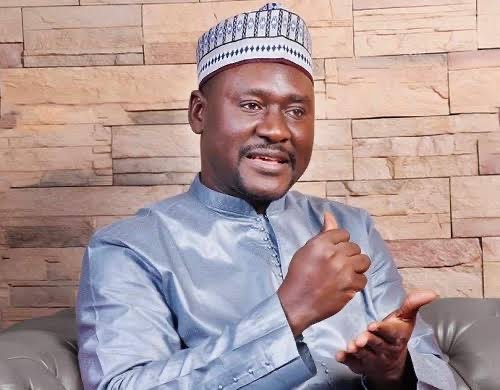

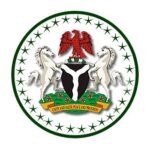



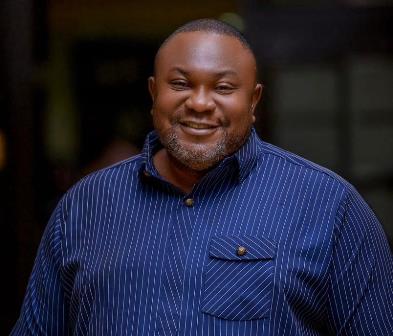
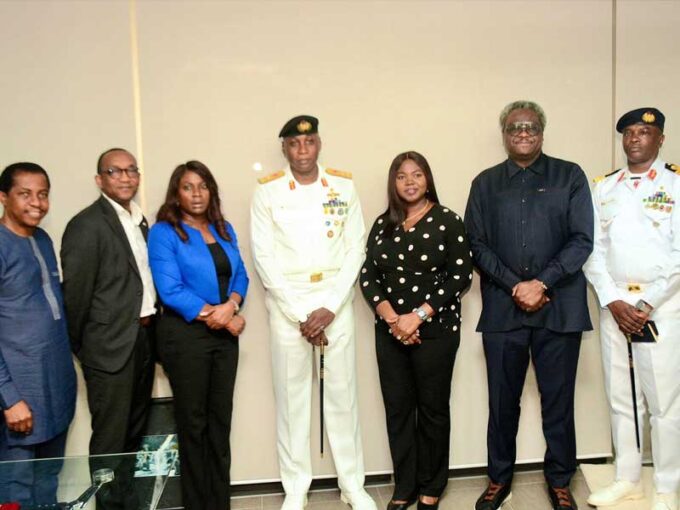
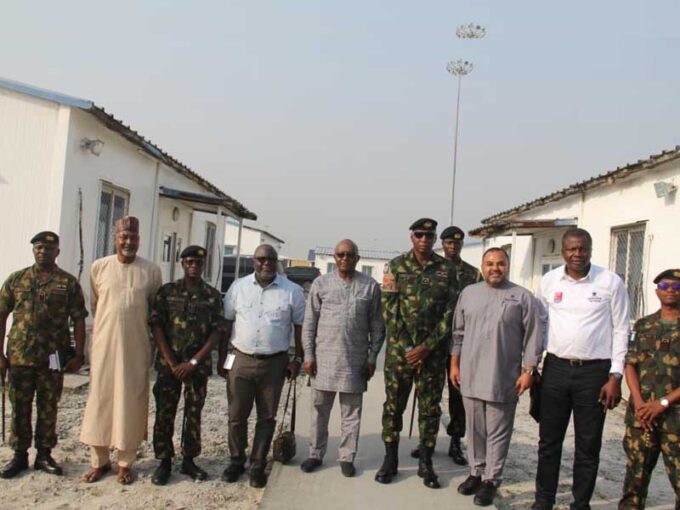
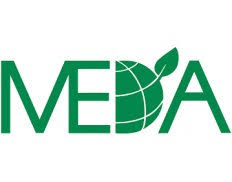





Leave a comment